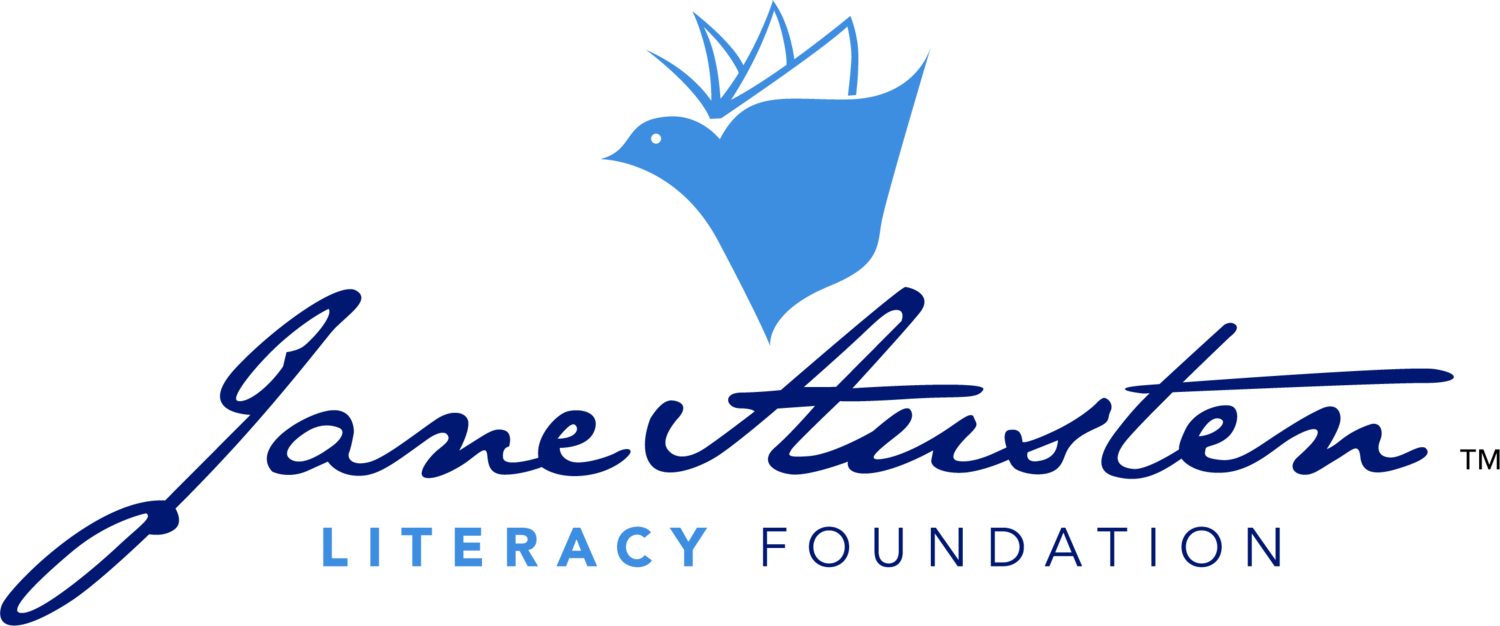A BRIEF NOTE ON THE 203RD ANNIVERSARY OF THE BATTLE OF WATERLOO
Although Jane Austen’s novels rarely discuss the war beyond the excitement of having officers within courting distance of young women, Jane Austen herself would have not been so insulated from the conflict.
The turmoil created by the power of Napoleon Bonaparte had been brewing for almost two decades by the time the Battle of Waterloo occurred, 203 years ago today, the 18th of June, in 1815. A bright, educated child like Jane would have grown up knowing at least something of the American Revolution taking place across the Atlantic. Conflict, however distant it may have sometimes seemed, continued to be a point of discussion and debate during her adolescence. The commencement of the French Revolution, which involved the guillotining of her cousin Eliza’s first husband, the Comte de Feuillide, kick-started the period of history now known as the Napoleonic Wars. In addition, her brother Henry had joined the militia in this time period, and later only narrowly escaped France after the Treaty of Amiens abruptly ended.
Two of Jane’s other brothers, Frank and Charles, were sailors in the Navy before, during, and after the Battle of Waterloo and achieved great status in the course of their distinguished careers. Her beloved sister, Cassandra, was previously engaged to a soldier, Thomas Fowle, before his untimely death from yellow fever while on duty as an army chaplain in the Caribbean. Surely a novelist and prolific writer such as Jane, who made a vocation out of observing and analysing humanity and all it’s foibles, would have been concerned and certainly opinionated regarding the war and it’s effect on herself and her family.
Why then, does she refrain from overtly politicising the material in her novels? Because of Cassandra’s actions after Jane had died in destroying many of her letters, we will never know if Jane went into more detail regarding her opinions on war and the Battle of Waterloo in her personal correspondence. Perhaps if she had lived longer, such material may have found its way into her fiction after all.
But it is safe to say, that with the defeat of Napoleon at the Battle of Waterloo, the Austen family would have joined England in celebration. Unfortunately, Jane herself did not live long enough to enjoy the peaceful aftermath. Dying at the age of 41, exactly two years and one month later, hers is a death lamented as a tragic waste of talent and potential. Surely she would have been pleased to know however, that her surviving friends and family were able to enjoy a refreshing change of pace in the following years. Not only did the battle defeat one of the most powerful commanders in history, but it began almost forty years of relative peace in Europe, a welcome respite from the conflict that had plagued the continent for decades.
© Emily Prince - writer, librarian, and editor of Pride & Possibilities
Support our work today and receive a commemorative bookplate with your name in Jane’s handwriting. We are a volunteer organisation with no wages paid to anyone, so you can be confident your donation will be used wisely to buy books and writing materials for communities in literacy crisis, in honour of Jane. Reading and writing skills empower individuals to participate in society and achieve their dreams. Literacy gives a child pride and opens up a world of possibilities.
Image credit: The Battle of Waterloo by William Sadler (1782-1839)


